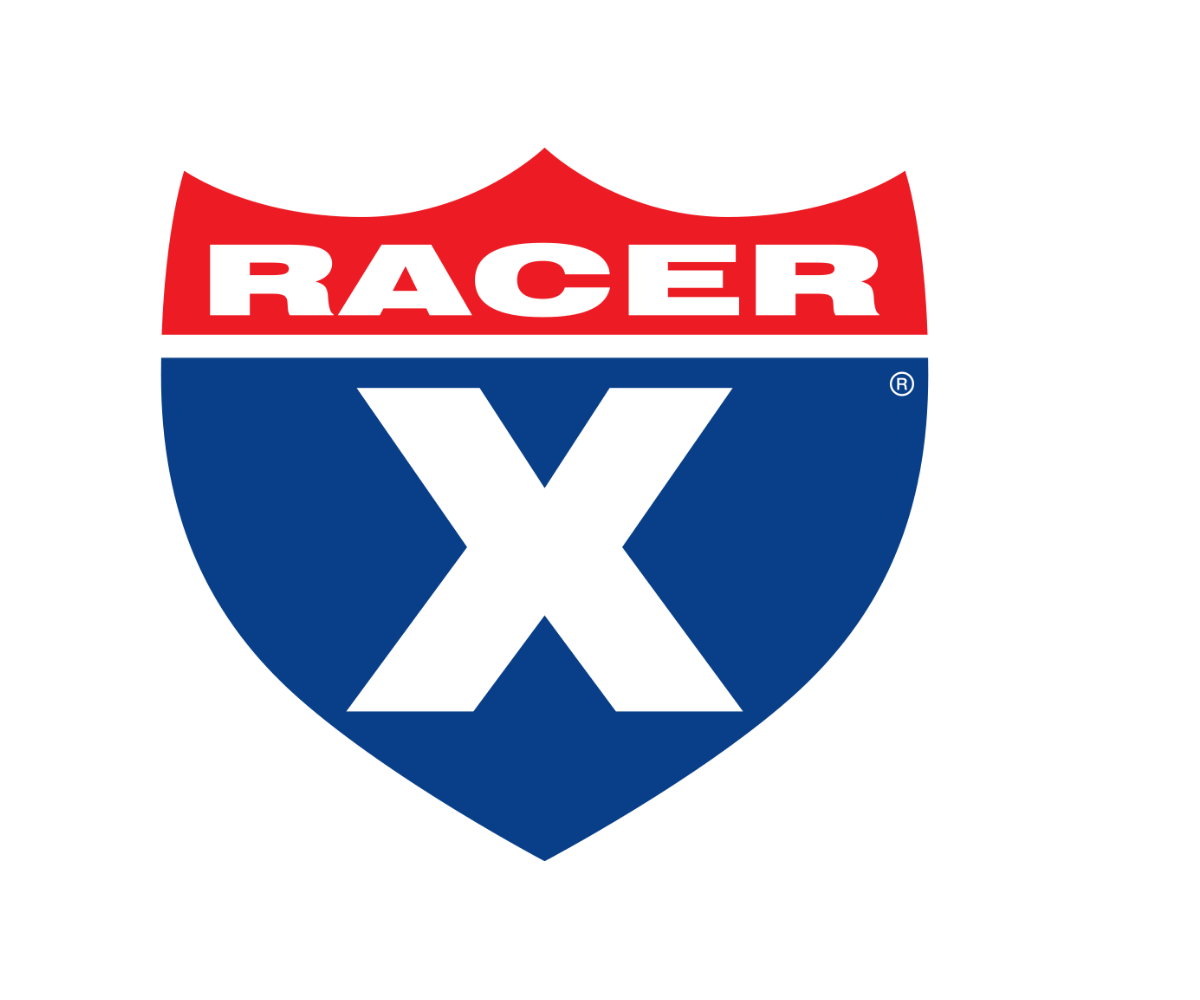We just witnessed the shutdown of Joe Gibbs Racing MX, which is heavily intertwined with Suzuki’s falling fortunes in racing. Just a few years ago, JGR was supposed to be the benefactor of Suzuki focusing its efforts in motocross on the U.S. market, as the brand chose to end its long run in Grand Prix motocross. In that arena, Suzuki was arguably the most storied and influential of all the brands, as one can make an easy argument that Suzuki’s World Championship success with Joel Robert and Roger De Coster in the 1970s was the biggest catalyst in Japan’s takeover of the sport worldwide. In one of its final acts, Suzuki in Europe developed a young Ken Roczen, and Roczen repaid them when he returned to the brand after a few years with the burgeoning KTM juggernaut. Roczen secured the 2016 Lucas Oil AMA Pro Motocross Championship with an underrated season of dominance, and Suzuki was peddling ads about winning more U.S. 450 motocross races over the last decade than any other brand. For some reason, that sheen never seemed to rub off as public perception. At the same time Roczen was crushing it on his RM-Z450, people were also pointing out that the bike was old. Since then, the bikes have not been winning, so the rep keeps sinking.
Then suddenly, we get a quick reminder that America isn’t the world, and motocross isn’t everything for a motorcycle brand. On the very same week JGR shut down partly due to a breakdown in budget talks with Suzuki, the brand was also wrapping its most successful season ever in MotoGP, the FIM World Championship of road racing. Yesterday, Joan Mir cinched the 2020 World Championship on his Ecstar Suzuki, and his teammate Alex Rins is not far behind. This was a 2020 season hyped by the usual players, Honda versus Yamaha and Ducati, plus an upstart in KTM, which rapidly found the front in just its fourth season in that series. In the end, Suzuki outdid them all, handily.
MotoGP is the pinnacle of motorcycle racing, full stop, so this Suzuki success smashes up against the narrative. How can Suzuki win at this level? It was a storyline I personally couldn’t grasp, and as it unfolded, I realized I had fallen in the same micro-focused, pre-conceived lens we all use to view far too many things. This isn’t just about Suzuki, by the way. Let me count the ways.
The 2020 MotoGP season was rocked when dominant-as-it-gets Marc Marquez crashed his Honda out of the opening round in Jerez. He never returned, leaving a gaping hole at the top, filled immediately and poetically by Yamaha super talent Fabio Quartararo, who won the first two races. At this point, a narrative locked in place. Quartararo was next, and the world would just bide time for a Marquez return, and a Fabio/Yamaha v. Marc/Honda clash of generational titans.
Then the season started turning crazier and crazier. Quartararo began to suffer from maddening inconsistency, but actually so did everyone else. Well, sans for one rider, Mir, who found his Suzuki effective on every track, in all weather. Mid way through the season, Mir had still not won a race and didn’t hold the points lead. But as I downloaded my weekly dose of the Paddock Pass podcast, hosted by MotoGP journalists Steve English, David Emmett, and Neil Morrison, I had things to learn. Emmett, especially, would describe Quartararo and Yamaha’s demise from the points lead as almost inevitable, and Mir and Suzuki’s title bid as forthcoming. But Quartararo was already supposed to be the next big thing! Suzuki is yesterday’s news! Last year, Mir and Quartararo were rookies, but Mir wasn’t that impressive, and Quartararo was blowing minds! These guys on this podcast are supposed to be journalists? How do they not know this? Are they blind? Biased?
Over on the MotoGP side, I had ruined myself with small-level thinking. In motocross circles, I’m paid for data collection. I use as many sources as possible to create the most realistic stories, predictions, and conclusions. I approach each subject without emotion or preconception, lest it cloud my judgement. Let the information, data, and sources guide you, and don’t let your own opinion blind you to facts.
Over watching MotoGP though, well, I’m just a watcher. I make sweeping judgements with far too little info. I merely think that I know things. Emmett actually does know things, and what he knew was that Mir and the Suzuki worked better on a variety of tracks. The Suzuki excelled by managing tire life, and the engineers had best adapted to a new 2020 rear tire construction that threw other brands for a loop. Emmett, the journalist, knew that over a season of tracks and events, Suzuki and Mir’s well-rounded package would emerge victorious.
He was right. He didn’t let preconceptions cloud his judgement. He didn’t automatically prescribe to a pre-set story. That was a lesson for me, a reminder to always look through a wider lens. Just a few months ago, I was talking to Roger De Coster himself about KTM’s rise in MotoGP. This was before anyone realized this season would actually belong to Suzuki, his old employer. Roger had every reason to brag about KTM, but The Man is always honest to a fault. He told me that Suzuki still has great engineers and talented people, and they’re not losing money like people suggest. They just need the right management to unleash their full capabilities. In MotoGP, the pinnacle of motorcycle racing, they did so in 2020.
What you think will happen always doesn’t, but that doesn’t mean there aren’t clues to help you see when that change is coming. You just need to look for those clues and accept them with an open mind. Perception? I need to go back to reality.









